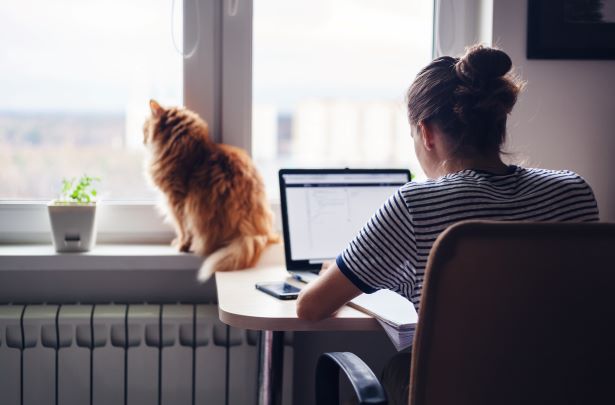This year, there is no doubt that the COVID-19 pandemic has transformed our working environments. Many businesses have had to adapt to virtual working, adopting new technologies in a matter of days.
Though the pandemic hit the UK hard, the worst as you can imagine is focussed around England’s capital. As of when this is being written, London accounts for over one fifth of all of England’s daily coronavirus cases.
This is hardly surprising considering its notoriety as the business hub of Britain. Sadly, this means that a lot of businesses in London have been devastated by the COVID-19 pandemic. However, technology has managed to protect two fifths of London microbusinesses during the pandemic. Here are a few ways how.
What is a microbusiness?
The European Commission defines Small and medium-sized enterprises (SMEs) depending on determining factors of staff headcount and either turnover or balance sheet total. To be classed as a microbusiness, an enterprise must have less than ten members of staff, less than €2million turnover, or less than €2million balance sheet total. This is around £1.82million GBP or $2.42million USD.
As microbusinesses are so small, this can often mean that even a few days of unexpected closure can have a disastrous effect. These businesses can be more reliant on day-to-day operations that big companies who might have a fallback plan. This means that, to stay afloat during the pandemic, they really needed to keep their doors open.
How has tech protected London microbusinesses?
The implementation of technology has meant that businesses can allow their staff to work from home where they can. Using things like SIP Trunking has allowed employees to work from the safety of their homes with as little disruption as possible.
SIP Trunking has been particularly helpful. If you aren’t familiar, SIP Trunking is a kind of virtual phone line of sorts, allowing you to make phone calls over the internet. This means that microbusinesses who need to stay open can. It doesn’t matter if you are working from home, it works the same as if you were in the office, allowing you to place phone calls to clients through a web client or app.
This, of course, is more applicable to companies that deal in services rather than retail or hospitality. However, these microbusinesses have been protected by tech too, in the form of portable card machines.
Some microbusinesses may not have had access to card machines before, dealing with cash only. The portable card machine can be small and compact, linked up using WiFi to a tablet. The tablet can be placed 2m away from the machine, allowing customers to safely make payments for their goods.
Overall, technology has played a massive role in helping businesses through this pandemic, and some of these changes may end up being here to stay. The most vulnerable business through it all has been the microbusiness, especially in our capital city of London.
Though technology has saved two fifths of microbusinesses from going under, it is still important for us to rally together and support the independent local businesses in our communities.

